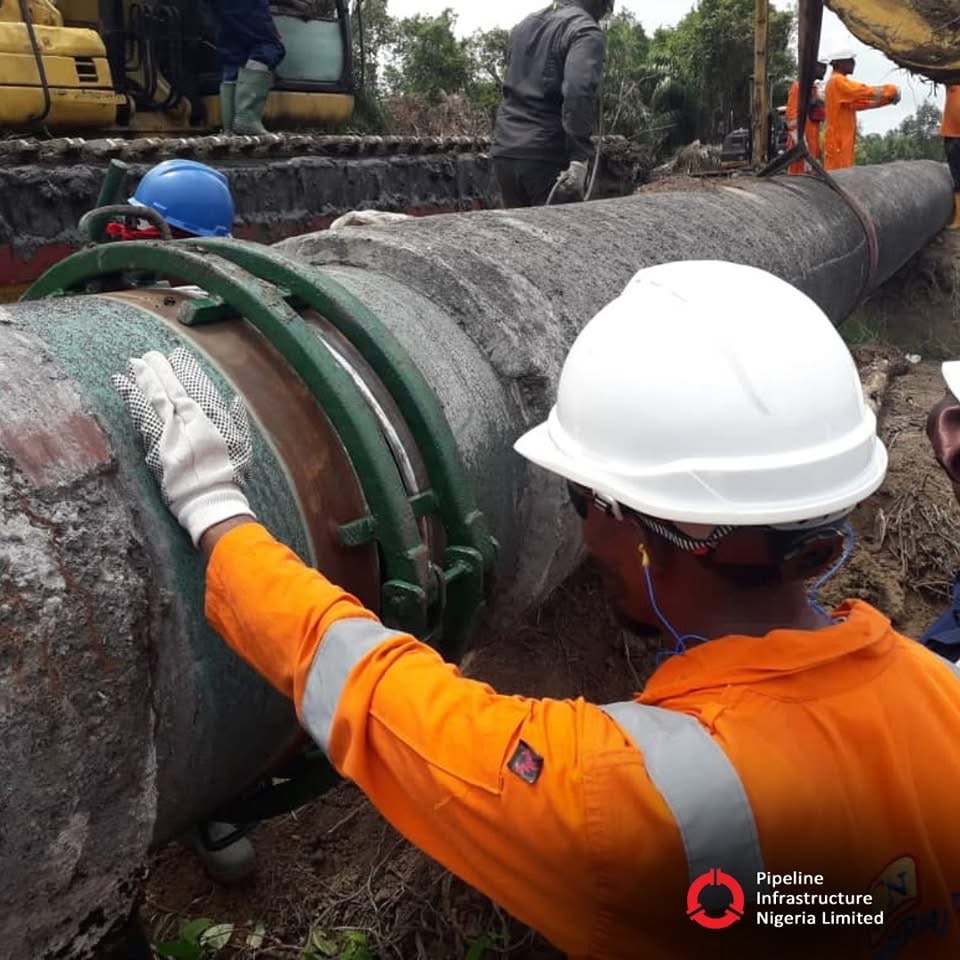2025 Flooding: Rivers State, Lagos, Abia, Benue, Bayelsa And Jigawa On The Red Zone
The Nigerian government warned on Thursday that about 1,249 communities in 30 states and the Federal Capital Territory (FCT) are at high-risk of flooding this year, as the rainy season when such flood disasters occur gradually intensifies in some parts of the country.
The warning comes as many Nigerians are still recovering from the flood disasters that devastated numerous states last year.
Joseph Utsev, Minister of Water Resources and Sanitation, on Thursday in Abuja, warned about high-risk flooding during the 2025 flood outlook presentation by the Nigeria Hydrological Services Agency (NIHSA).
Mr Utsev said that flooding is one of the worst natural disasters in Nigeria, with climate change exacerbating its occurrence.
According to the NIHSA cited by the minister, a total of 2,187 communities in 293 LGAs fall within the moderate flood risk states as Abia, Benue, Lagos, Bayelsa, Rivers, and Jigawa are key states expected to be affected most by the flooding.
Mr Utsev added that the hydrological services agency also launched its community-based predicting initiative to furnish the general public with location-specific information and community-focused forecasts about flooding, weather and others all over the nation.
“1,249 communities in 176 local government areas LGAs across 30 states and the FCT fall within high-risk flood zones this year, while an additional 2,187 communities in 293 LGAs face moderate flood risks,” TheCable quoted the minister as saying.
“As part of this year’s Annual Flood Outlook (AFO), NIHSA adopted a new and effective approach to flood forecasting mechanism to ensure that critical risk information is clearly understood and actionable for vulnerable communities.
“Recognising that early warning is only impactful when properly communicated, the flood prediction has been refined to provide not only seasonal and monthly forecasts, but location-specific and community-focused forecasts.”
The minister also announced the rollout of several initiatives like the national flood insurance programme (NFIP) — an insurance project aimed at protecting vulnerable households, farmlands, and livestock.
He said that Kogi and Jigawa states are the pilot states for the flood insurance programme.
The official added that another initiative called integrated climate resilience innovation project (I-CRIP) meant to improve food security, energy production, and water resources use through climate-smart strategies, and the Nigeria FLOOD project — for flood control and river management are also some of the key government’s efforts for effective flood control.
Nigeria’s perennial flooding disaster
Nigeria has faced devastating flooding incidents exacerbated by climate change in the last few years.
Hundreds of people have died, businesses crippled, and homes, farms, schools, hospitals, among others, have been destroyed. The floods have worsened the lingering socio-economic crisis in the country, where citizens are witnessing their worst cost of living crisis in a generation.
Experts have argued that Nigeria’s perennial flood disaster can be addressed by deploying water harvesting technology, channeling excess waters to recharge the shrinking Lake Chad and dredging major water pathways nationwide.
Some of the disastrous flooding incidents have been blamed on failure of the governments and the people in the vulnerable areas to heed to warnings or inadequate preparation for it.
In some cases, the governments at both the federal and state levels failed to demonstrate enough political will to implement policies or provide alternative options to people in the flood-prone areas.
In September 2024, residents of Maiduguri, the Borno State capital, were hit by a devastating flood, which submerged many homes following the alleged breakdown of Alau Dam that has been filled to capacity for about one week.
Similarly, in the same year, agrarian communities in Borno, Jigawa, Kano, Bauchi, and Adamawa, which produce major staples such as rice, maise, wheat, onions, and cowpea, were among the flood-worst hit states, with a significant impact on local food security.
According to flood data on the National Emergency Management Agency (NEMA) dashboard, as of 14 October, over 180,000 farms had been affected by floods this year. NEMA said more than 300 lives were also lost and more than 713,000 people displaced.
Last year, the federal government approved N108 billion for the 36 states to tackle flooding.


